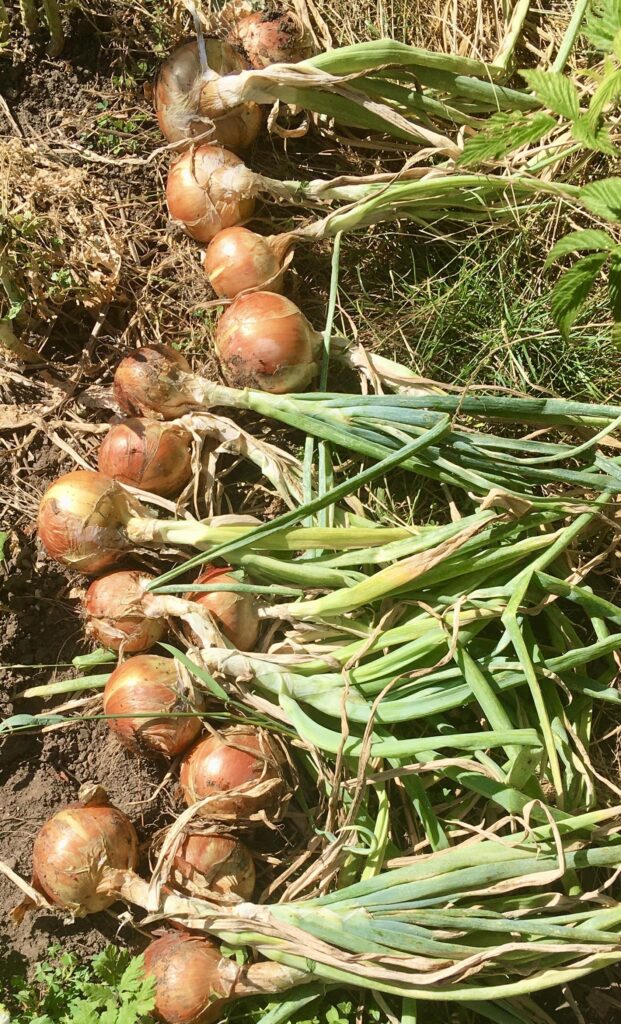
Local food includes any foods grown, harvested, raised, and processed within our area. We naturally think of fruits and vegetables, but we can also buy locally grown herbs, dairy products, eggs, grains, and a variety of meats and seafood. Many locavores use a 100-mile rule.
One of the biggest benefit of buying and consuming locally sourced food is that it tastes better, because locally grown vegetables can be picked at their peak and brought directly to market, rather than being picked when hard and unripe. It’s also healthier, because fewer nutrients are lost during transit. And of course, buying local helps our local economy.
Local foods might also be better for the environment, but it really depends on the food, and the practices of the farm. It’s tempting to say that less transportation equals less damage to the earth, but only a small percent of carbon emissions comes from packaging, transport and retail. The vast majority of greenhouse gas emissions – 61% – come during production, while food is still on the farm. (No matter where it is grown, animal products have a high carbon footprint.)
So – yes – buy local, but also get to know your farmer. Make an effort to know how your food was grown. The most positive impact for the earth comes when you support farms that use regenerative and environmentally friendly practices, such as minimizing their use of fossil fuel-rich pesticides and fertilizers.
Resources:
The Lane County Locally Grown Guide provides information about Lane County Farmers Markets, Farm Stands, U-Picks, CSAs, and more.
Lane County Bounty is a local food network providing community education and direct-to-consumer sales of local foods through their online marketplace. Located in Eugene; sources from Lane County and delivers to Springfield and Eugene.
Pacific Northwest Community Supported Agriculture Find-a-Farm serves as a bridge for consumers and farmers, to help you better know the agriculturists that struggle to create healthy communities, local food security, and food sovereignty.


